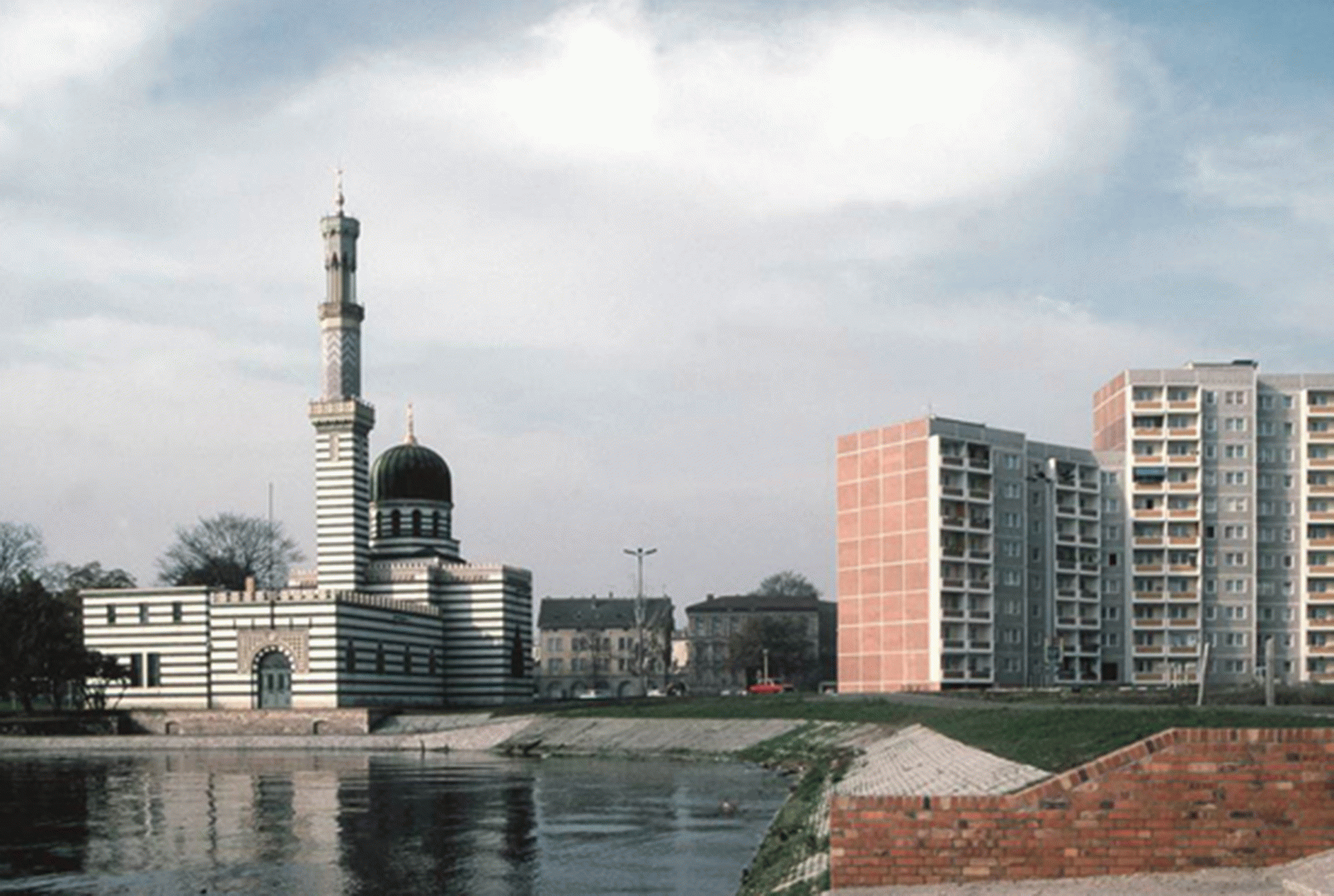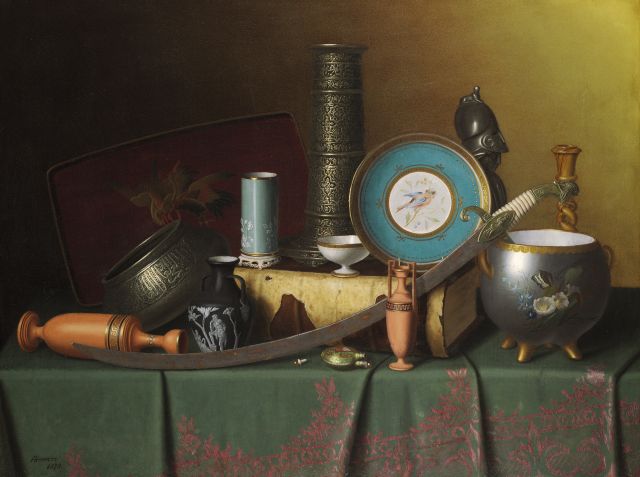Evening lecture
Stefan Koppelkamm: The Imaginary Orient
organized by the Max-Planck-Research Group "Objects in the Contact Zone – The cross-cultural Lives of Things"

In 1987, Stefan Koppelkamm published one of the first comprehensive books on Orientalist architecture, focusing on buildings in faux-Oriental styles designed by European architects for European clients, mainly during the 18th and 19th centuries. The adoption of Oriental forms in terms of an "architecture parlante" were intended to evoke the image of a fairy-tale, sensual "Orient" which existed only in the imagination of the Europeans.
In the nineteenth century a previously often vague appropriation of Eastern architectural models shifted to a more and more erudite reception of Islamic styles: A growing number of illustrated books about the architecture of the Islamic world provided Europeans with inspirations for their building projects in styles desginated as "Moorish" or "Arabian". Yet, popular generalizing notions of the "Orient" lived on, often defined by different cultural perspectives and political interests.
On the occasion of the recent re-edition of his book in English translation, this lecture will focus on the ambiguity and the changes of the term "Orient". It seeks to demonstrate to what extent the architectural concepts of buildings in orientalizing styles depended on the particular state of knowledge published in illustrated books.
Stefan Koppelkamm studied graphic design at the Kunsthochschule Kassel. He lives in Berlin and works as an artist, designer and photographer. He has taught Visual Communication at the Kunsthochschule Berlin-Weißensee since 1993.
His books include "Glasshouses and Wintergardens of the Nineteenth Century" (1981), "Der imaginäre Orient. Exotische Bauten des 18. und 19. Jahrhunderts in Europa" (1987), "Ortszeit Local Time" (2005) and "Screening" (2010).
12 November 2015, 6:00pm
Kunsthistorisches Institut in Florenz
Max-Planck-Institut
Palazzo Grifoni Budini Gattai
Via dei Servi 51
50122 Firenze
Notice
This event will be documented photographically and/or recorded on video. Please let us know if you do not agree with the Kunsthistorisches Institut in Florenz using images in which you might be recognizable for event documentation and public relation purposes (e.g. social media).



